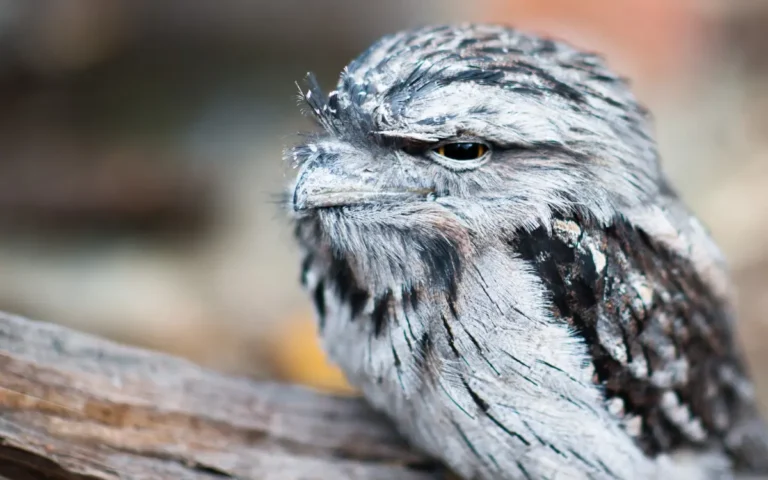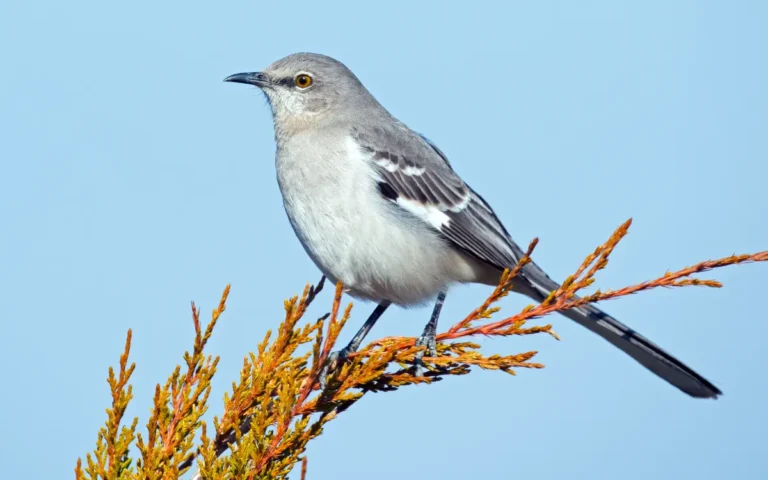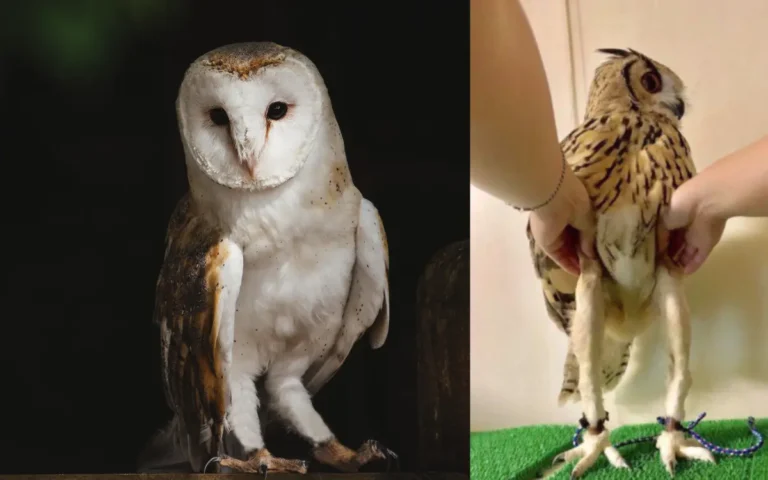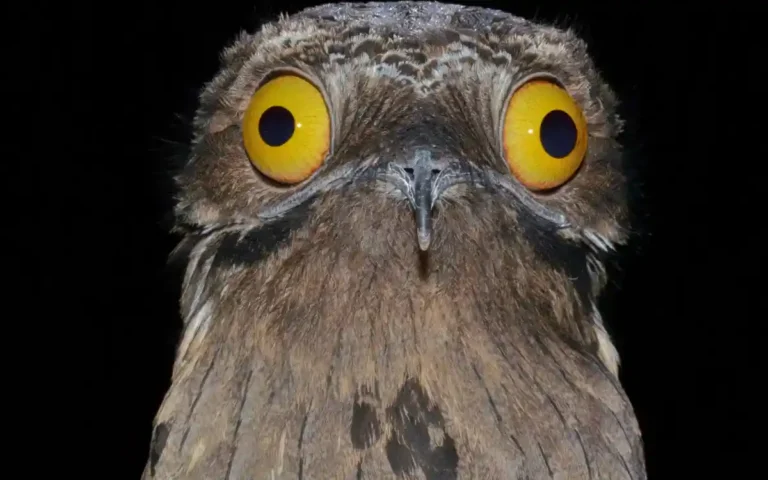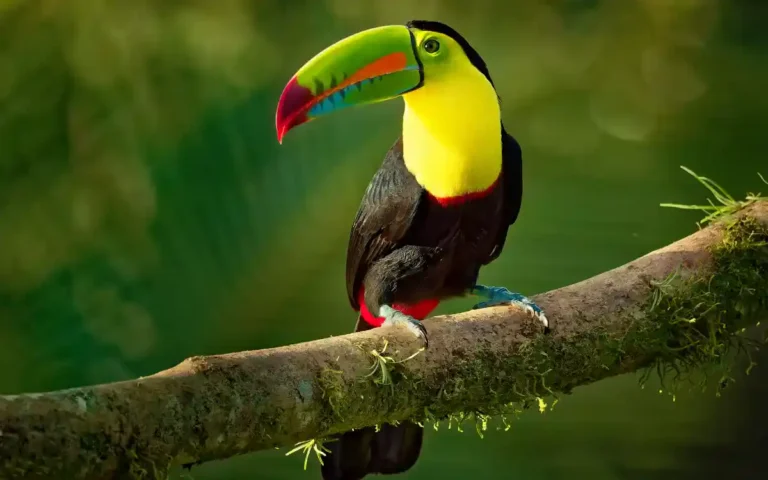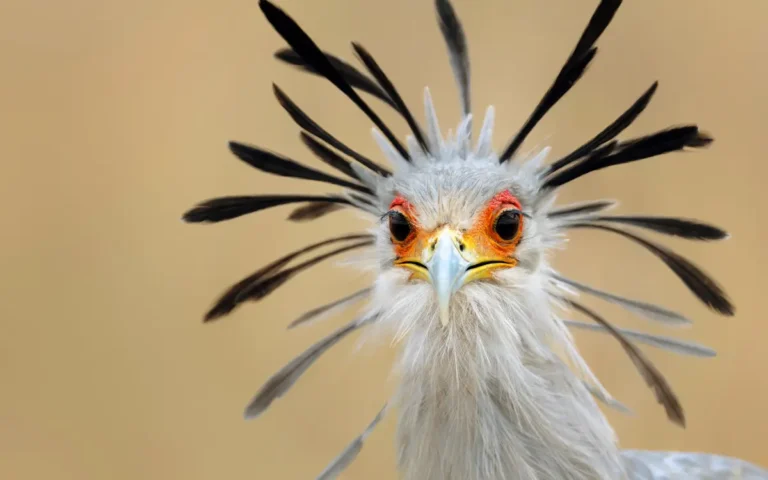25 Macaw Facts You Should Know (Picture,Call guides)
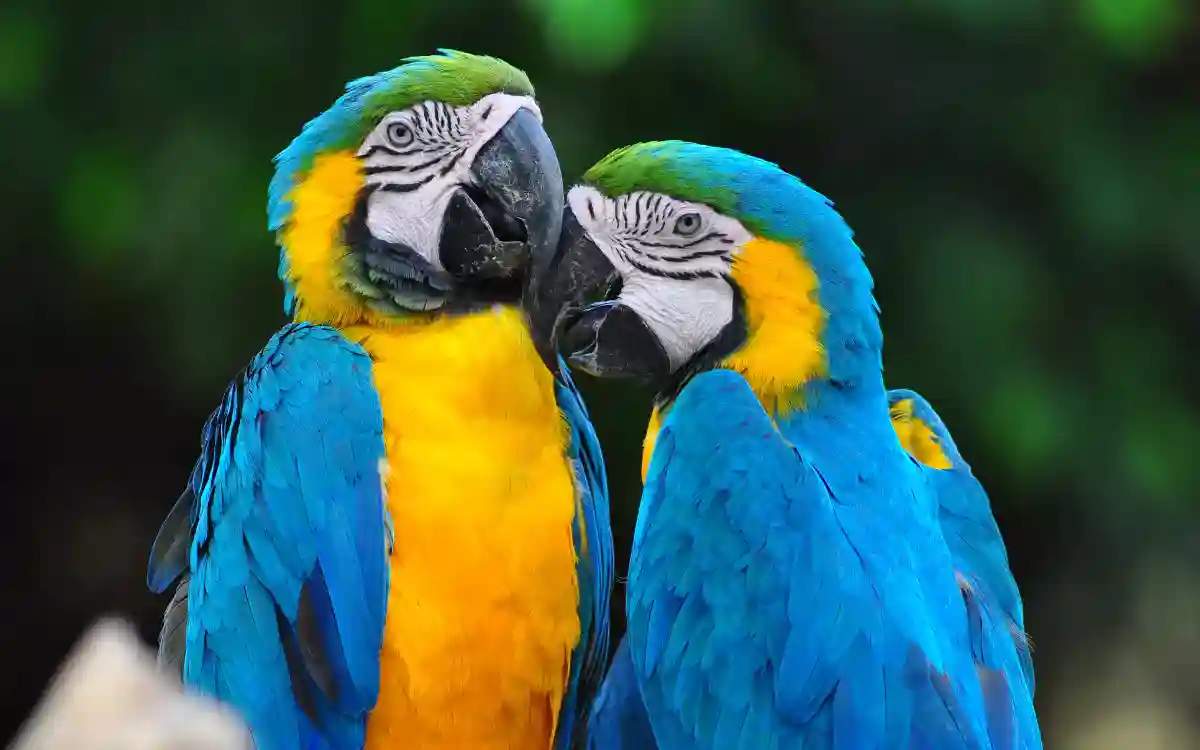
Macaws are one of the best birds to make as pets. they are also very intelligent .
Today you will see facts about the theme that will amaze you.
18 Macaw Facts you should know:
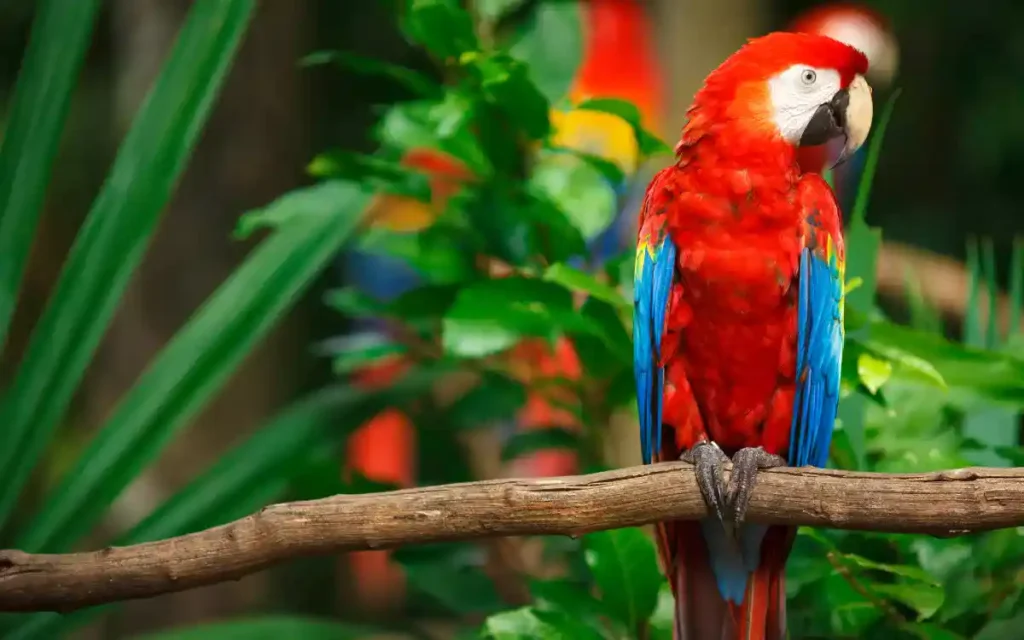
Calls Guide:-
Macaw one of the most colourful Species in the world:
Macaws are a special group of parrots with about 19 different kinds. Each type has its own beautiful colors and patterns. These birds show just how amazing nature can be.
1. Impressive Size
Macaws are among the largest parrots in the world, with some species reaching lengths of up to 3 feet (1 meter) from head to tail.
The Hyacinth Macaw, in particular, holds the title for the largest macaw, showcasing an impressive wingspan of up to 4 feet (1.2 meters).
Their substantial size not only makes them a striking presence but also aids in their survival, allowing them to dominate their habitats and fend off predators.
Their strong, curved beaks are powerful tools, capable of cracking open the hardest nuts and seeds, which is essential for their diet.
2. Spectacular Plumage
Macaws are renowned for their vivid and diverse plumage. Their feathers display an array of bright colors, including shades of blue, red, green, and yellow.
This spectacular coloration not only makes them a visual delight but also plays a role in communication and mate attraction.
The brilliant hues and patterns can indicate the health and vitality of an individual, helping them stand out in the dense foliage of their natural habitats.
3. Remarkable Intelligence
These birds are highly intelligent, capable of solving complex puzzles and understanding intricate concepts. Macaws exhibit impressive problem-solving skills and are known for their ability to mimic human speech.
They can learn a wide range of words and phrases, and their vocal mimicry is both entertaining and indicative of their cognitive abilities.
This intelligence makes them engaging and interactive pets, though it also requires that they be provided with ample mental stimulation to prevent boredom.
4. Longevity
Macaws have a notably long lifespan, particularly when provided with proper care. In captivity, they can live up to 80 years, while in the wild, their lifespan typically ranges from 30 to 50 years. This longevity underscores their resilience and adaptability.
Owners of pet macaws must be prepared for a lifelong commitment, as these birds will often outlive many other pets.
5. Social Nature
Macaws are very social creatures that thrive in the company of others. In the wild, they live in large flocks, which can include dozens of individuals.
These social groups are essential for their survival, offering protection, collaborative foraging, and opportunities for social interactions.
Their social behavior is marked by playful interactions, mutual preening, and vocal communication.
6. Acrobatic Flyers
Macaws are exceptional flyers, known for their agility and grace in the air. They can perform intricate aerial maneuvers, including twists, turns, and rapid dives.
Their powerful flight muscles and long wings enable them to cover large distances in search of food. Watching a macaw in flight is a spectacular sight, akin to watching an acrobat perform in the sky.
7. Nutcracker Beaks
One of the defining features of macaws is their robust, curved beaks, which are perfectly adapted for breaking into tough nuts and seeds.
These powerful beaks allow them to access food sources that many other animals cannot. Their beaks are not only tools for feeding but also serve in climbing, defense, and manipulation of objects.
8. Lifelong Mates
Macaws are known for their strong pair bonds. Once they choose a mate, they typically remain with that partner for life.
This lifelong commitment is a testament to their loyalty and social bonds.
Pairs engage in mutual preening and synchronized flying, reinforcing their connection and ensuring successful breeding.
9. Nesting Habits
Macaws are skilled nest builders, often choosing high locations in trees to ensure the safety of their eggs and chicks.
They show a preference for specific tree species, such as Schizolobium parahybum and Ceiba pentandra.
These trees provide the ideal conditions for raising their young, including protection from predators and a stable environment.
10. Ecological Importance
Living in the lush, green forests of Central and South America, macaws play a vital role in their ecosystems.
They help maintain the health of the rainforest by dispersing seeds from the fruits and nuts they consume.
This seed dispersal promotes forest regeneration and biodiversity, making macaws crucial contributors to the ecological balance.
11. Vocal Communication
Macaws are known for their loud and varied calls, which serve multiple purposes.
These vocalizations are used to communicate with other members of their flock, signaling everything from the presence of food to warnings about potential dangers.
Their calls can be heard over great distances, ensuring that they stay connected with their group.
12. Territorial Behavior
These birds are protective of their territories. They use loud calls and display behaviors to warn other animals and macaws to stay away from their nesting areas.
This territorial behavior helps them secure vital resources and maintain their living spaces.
13. Playful Nature
Macaws are naturally curious and playful. They enjoy engaging in activities that challenge their intelligence and dexterity.
Providing them with toys and puzzles is essential for their mental well-being. Their playful antics and inquisitive nature make them delightful companions.
14. Beak Cleaning
After meals, macaws exhibit the behavior of wiping their beaks on branches to clean off food residues.
This behavior helps maintain their beak’s cleanliness and sharpness, ensuring that it remains an effective tool for feeding.
It’s a practical habit akin to humans washing their hands after eating.
15. Head Tilting
When macaws are curious or attentive, they often tilt their heads in an endearing manner.
This behavior not only makes them appear more charming but also helps them focus on objects or sounds of interest.
It’s a clear indication of their curiosity and awareness of their surroundings.
16. Unique Vocalizations
Each species of macaw has its distinct vocal patterns and sounds. These unique calls help individuals recognize and communicate with others of their kind.
It’s like having a species-specific language that ensures clear communication within the group.
17. Excellent Memory
Macaws possess an excellent memory, which is crucial for their social interactions and survival. They remember flock members, locations of food sources, and potential threats.
This memory aids in navigating their environment and maintaining social bonds.
18. Distinct Personalities
Every macaw has a unique personality. Some may be more outgoing and playful, while others might be shy and reserved.
This individuality adds to the charm and diversity of these birds, making each one a distinctive and engaging companion.
FAQs:-
Q: Are Macaws endangered?
Ans: Several Macaw species are endangered due to habitat loss and the illegal pet trade. Conservation efforts are crucial to protect these magnificent birds.
Q: Can Macaws talk like some other parrot species?
Ans: Yes, some Macaw species, such as the Blue-and-Gold Macaw, are known for their ability to mimic human speech.
Q: What is the most endangered Macaw species?
Ans: The Spix’s Macaw, also known as the Little Blue Macaw, is one of the most critically endangered Macaw species, with very few individuals left in the wild.
Q: Do Macaws make good pets?
Ans: While Macaws are intelligent and beautiful, they are high-maintenance pets that require a lot of space, social interaction, and mental stimulation. Prospective owners should be well-prepared and committed to providing for their needs.
Q: How can I help in Macaw conservation?
Ans: You can support Macaw conservation efforts by donating to reputable organizations, spreading awareness about the challenges they face, and avoiding the purchase of illegally traded Macaw species.

